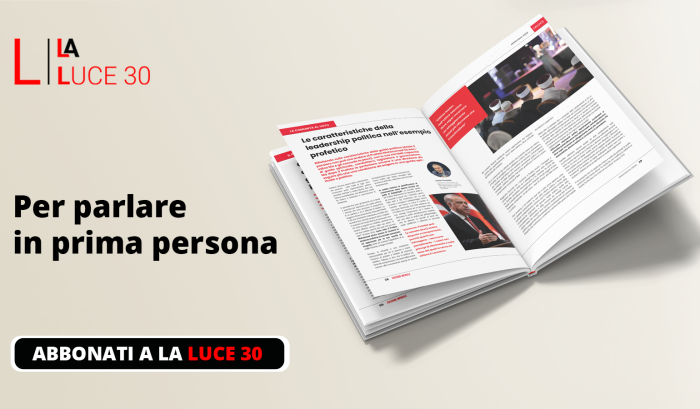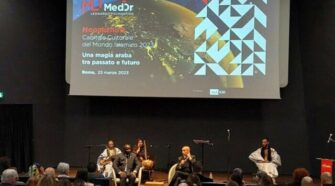The language prevailing in this era is one of power and arrogance, truths that the involved parties have sought to obscure through manipulation of collective memory and history. However, digital media has unveiled the falsehoods underlying this world—its morals, values, enlightenment objectives, and scientific discoveries—beneath which lie various forms of domination, control, and historical falsification.
We are not here solely to condemn the West but to condemn ourselves as well, recognizing that our history is no less stained than Western arrogance and centrism. The failures of Arabs and Muslims are equally significant in their struggles for power, influence, and the propagation of national and religious ideals under the banner of Islam and Arab identity. This sentiment was articulated during what was known as the Arab Spring, the rise of extremist movements, and the exclusion of others by branding them as infidels, akin to Netanyahu’s depiction of Arabs as subhuman entities.
Let us not overlook historical periods such as the era of the Rightly Guided Caliphs, the Umayyad and Fatimid dynasties in Egypt, as well as the phases of Arabism and Arab nationalism, wherein the elevation of Islam above other cultures and identities in the region contributed to the failure of these movements. While the pursuit of empire was a shared inclination among all nations and peoples, the focus here is on highlighting the historical and cultural disparities between Arab-Islamic and Western civilizations.
Undoubtedly, the actions of both parties involved in the conflict are morally condemnable, as issues of killing and violence could have been addressed through negotiations and diplomatic solutions. However, the Palestinian-Israeli conflict has reached a point where patience for negotiations and concessions has worn thin, largely due to Israel’s refusal to acknowledge Palestinian partnership—a stance that is legitimate but exacerbates tensions. The region is witnessing a resurgence of old conflicts under new, more comprehensive and destructive plans.
The tragedy of the current era lies in the loss of confidence in achieving justice, with those capable of enforcing it compromised by scandals such as the Jeffrey Epstein case. This vulnerability is evident in the interactions between Netanyahu and US President Joe Biden, wherein Netanyahu pushes for intensified military support and broader regional warfare, citing issues such as conflict in the Red Sea, piracy operations, mutual escalation with the Houthis, and Iran’s geopolitical vulnerabilities. The broader question remains: what are the Arabs doing to reclaim their dignity and pride amidst these challenges?
From a global perspective, the conflict in the region transcends moral, humanitarian, and national standards, revealing itself as a struggle for interests, influence, and the restoration of historically acquired rights. The Arab world’s response to these challenges, exemplified by initiatives like the Riyadh season, raises questions about the efficacy of normalization under foreign sponsorship. Meanwhile, Tel Aviv’s continued provocations against Iran and its support for destabilizing groups aim to exhaust and contain the country both politically and security-wise. The failure of projects like Expo 2030 could further destabilize the region, highlighting historical instances of broken promises and geopolitical manipulation.
The complicity of Western and Arabized allies in supporting Israel’s actions against the Palestinians, coupled with ideological justifications presented by American media, underscores a bias that favors the Jewish narrative over other instances of genocide worldwide. This bias, rooted in Zionism, perpetuates the dehumanization of Palestinians, echoing historical patterns of European colonialism. The failure of European nations to reconcile with their colonial past and extend apologies mirrors a broader reluctance to confront past atrocities and their ongoing implications.
The moral decline observed is not merely a political error but a manifestation of deeply ingrained philosophical attitudes, characterized by tribalism and historical amnesia. Habermas’s stance on Palestine aligns with this philosophical lineage, reflecting a failure to acknowledge past atrocities and a persistent tribalistic worldview. The world is awakening to the inadequacy of European philosophical universalism, seeking new narratives of resistance and identity that challenge colonial legacies. Philosophers from diverse cultural backgrounds now offer more authentic cosmopolitan perspectives than those espoused by Habermas and his contemporaries.
In conclusion, the moral bankruptcy evident in Habermas’s statement on Palestine marks a pivotal moment in the colonial relationship between European philosophy and the rest of the world. The global awakening to the fallacies of European racial philosophy, owed in part to the suffering of Palestinians and other marginalized groups, signals a shift towards more inclusive and equitable discourse.











